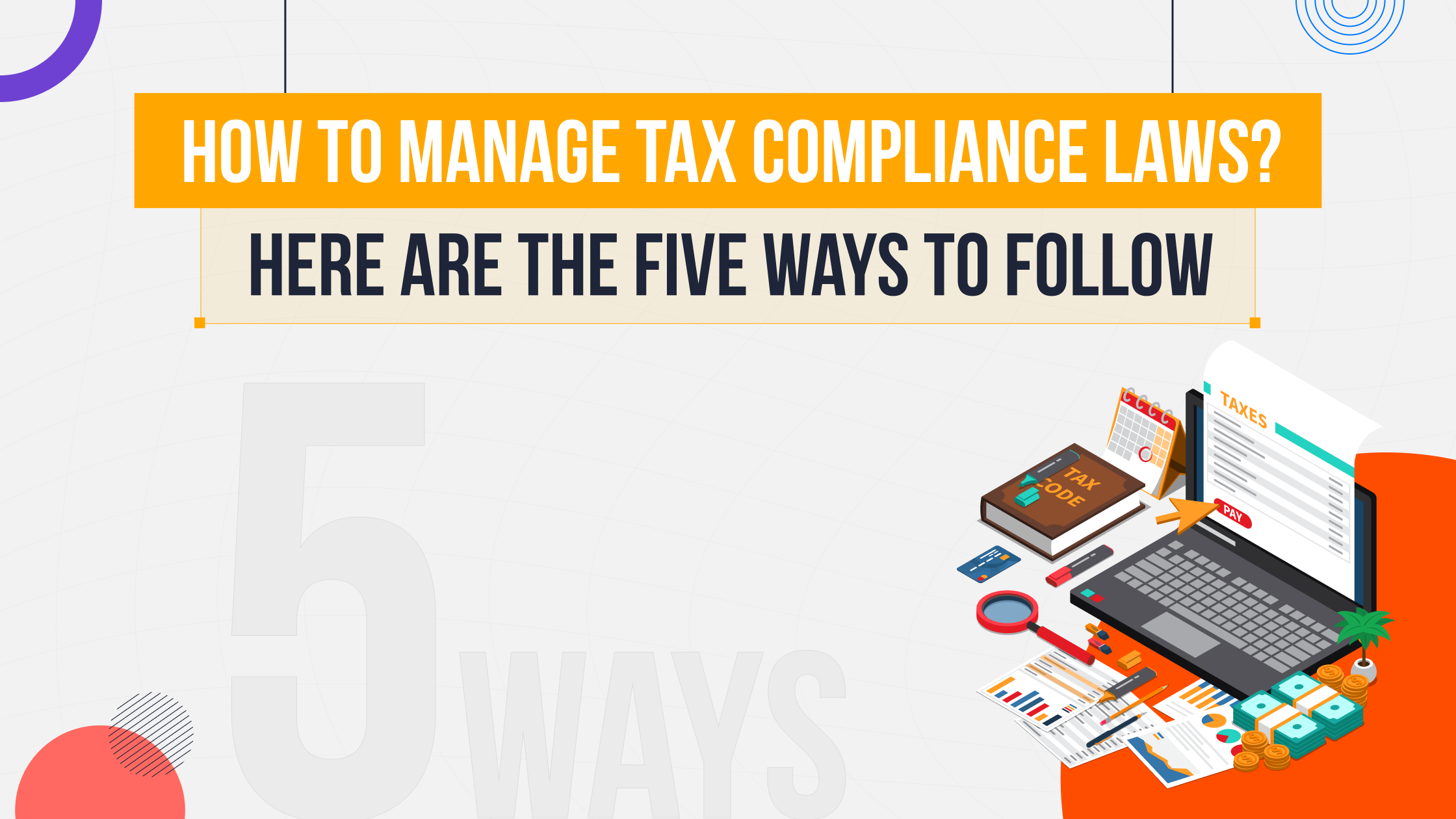UBS App is now Superworks

Tax compliance refers to taxpayers’ decision to comply with tax laws and regulations by paying tax timely and accurately.
Tax compliance involves being knowledgeable and observing the state, federal, international tax laws and requirements set forth by government officials and other taxing authorities.
A basic example here is the annual April deadline for tax return filing. Individuals who don’t complete their tax return filing by this date are considered noncompliant. As a result, they risk leaving their tax return on the table and facing fines or penalties.
On the other hand, businesses must align their accounting, reporting, and tax filing processes with a different set of laws, rules, and regulations.
External compliance – External compliance refers to following the rules, laws, standards and understanding the values set by the government authorities to avoid any negative impact or bad influence on the future of the organization. These laws help an organization build public relations, trust and bring transparency to the business. In addition, complying with all the laws & rules ensures any unnecessary duplication of efforts & resources.
Internal compliance – Internal compliance refers to an internally designed set of rules and regulations which the owners, employees, traders, clients, and customers follow to keep up the quality of the products or services provided by the company. An organization will comply with external requirements only when working in line with the internal rules and regulations.
To create accurate financial statements, you need accurate records because tax compliance is required by law, and precision is important if you want to avoid penalties. Thorough record-keeping makes lodging your tax documents much simpler, and it also makes tracking your business’s progress easier. If you use cloud accounting software online, you can easily maintain your invoices, expenses, payments, and reports very easily.
First, to meet tax requirements, you need to know the value of tax requirements and understand what they are. You can find most of this information online on any business page. Browsing a business portal gives you knowledge and information about so many new things, where you can prepare and lodge statements, view your accounts, and make payments.
Each financial year, small business owners are required to lodge various reports and pay their income taxes.
There are mainly two reports that all business owners need to fulfill and pay.
The business activity statement reports on goods and services tax, taxes withheld from your employees’ pay, and installments paid towards your tax. In contrast, the income tax return reports your personal and business income and deductions.
Tax legislation can change from year to year. To ensure compliance, small business owners need to stay side by side with any changes and update their processes and reporting as required. For example, new GST protocols have recently been introduced, which call for GST to be added to low-value imported goods and digital products and services.
What are the metrics to measure team performance?
No one expects you to have all the answers regarding the ins and outs of tax compliance, so having a trusted resource you can turn to for guidance will make things that much simpler. If you’re new to small business taxes or simply looking for some help along the way, reach out to an expert for reassurance.
Do the points mentioned above on managing tax compliance laws help your company grow?

So, got some good tax compliance knowledge? The points mentioned above best describe the top 5 ways to manage tax compliance laws.
Feel free to contact us and subscribe to us for more information about related topics!!
Stay Up To Date With Business Growth Tips And Tricks With UBS
We are here to help you find a solution that suits your business need.
Get a visual representation of how we work!
Schedule DemoOur sales expert is just one call away to meet your needs.
Get In TouchHave a question?
Chat with Us